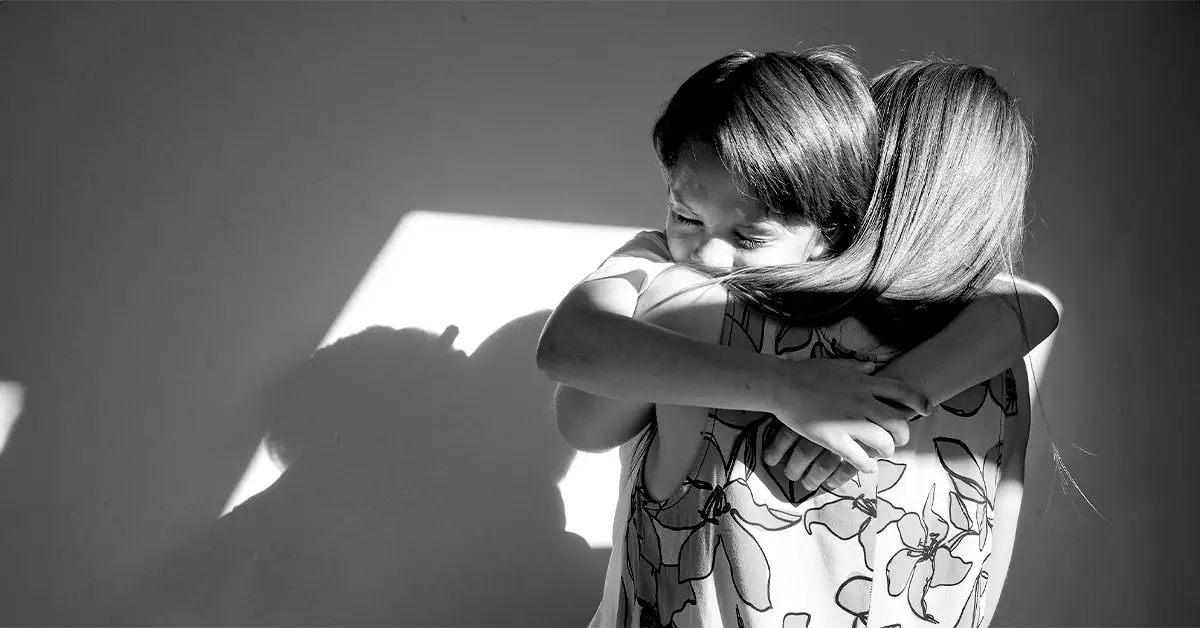Parent-Child Interaction Therapy (PCIT) is an innovative behavioral intervention designed to strengthen the relationship between parents and their children, particularly those facing behavioral challenges. This therapy is particularly effective for young children, typically between the ages of 2 and 7. PCIT not only addresses behavioral disorders but also seeks to foster positive communication skills among parents, enabling them to manage their child’s behavioral issues more effectively. As children often exhibit signs of discomfort, anxiety, or anger through tantrums and disruptive behavior, understanding the roots and treating these symptoms through structured interaction becomes paramount.
The Role of Mental Health in Childhood
During early childhood, various mental health conditions, such as Attention Deficit Hyperactivity Disorder (ADHD) and Autism Spectrum Disorder (ASD), may become evident. These disorders can create significant parenting challenges, making it tough for caregivers to establish boundaries while fostering a harmonious relationship with their children. As parents navigate through this complex landscape, therapies like PCIT become essential tools for equipping them with strategies to positively influence their child’s behavior and emotional development.
Unlike traditional play therapy, where a therapist leads the session, PCIT uniquely positions the parent as the key participant in the therapy process. During sessions, a trained therapist observes the parent-child interaction and provides real-time feedback and guidance. This coaching process occurs often through a one-way mirror where the therapist can hear and see the interaction without directly interfering. This live feedback mechanism allows parents to learn and practice effective communication strategies in a supportive environment.
The PCIT methodology encompasses two primary phases: the child-directed interaction and the parent-directed interaction. Initially, the focus is on helping parents develop positive engagement skills characterized by the PRIDE approach—Praise, Reflection, Imitation, Describing, and Enjoyment. Parents learn to reinforce positive behaviors through praise and reflection while minimizing negative verbal behaviors.
In the second phase, attention shifts towards guiding the child in reducing disruptive behaviors. Parents are taught how to convey clear, consistent expectations, and implement appropriate consequences when necessary. This two-pronged approach helps parents not only understand their children’s emotional needs but also reinforces their authority in a calm and constructive manner.
While PCIT remains a comprehensive long-term therapy, Parent-Child Care (PC-CARE) offers a shorter alternative focusing on similar principles but tailored for different circumstances. PC-CARE sessions typically last six weeks and are geared more toward younger children or those with milder behavioral concerns. This approach offers flexibility and can be more manageable for families with limited time constraints.
Despite its shorter duration, PC-CARE aims to improve parent-child interactions significantly while equipping caregivers with quick, digestible tools for immediate application. However, PCIT is often recommended for families dealing with more profound difficulties as it allows for an extended therapeutic relationship, offering deeper insights and skills beyond the basics.
Benefits of PCIT
The implementation of PCIT has been shown to yield numerous benefits, both for children and their parents. Throughout the program, families often report a decrease in tantrums and disruptive behaviors, along with enhancements in emotional and self-regulatory skills. Key observed advantages include improved compliance with household rules, enhanced self-esteem in children, and better handling of frustration and emotional responses by parents. Moreover, the structured setting allows for the establishment of a trusting relationship that fosters healthy attachment and security.
Moreover, PCIT has demonstrated notable effectiveness across diverse populations, making it a versatile treatment option. The program can be adapted to suit different cultural contexts, age groups, and specific family dynamics, demonstrating a commitment to inclusivity and accessibility in behavioral health care.
Despite its efficacy, PCIT is not without limitations. Some studies on the therapy may exhibit small sample sizes and insufficient diversity. Additionally, the reliance on parental cooperation raises concerns about the potential impact of individual circumstances, such as a caregiver’s own mental or physical health challenges. Ensuring that changes take root requires a consistent and dedicated effort from both parents and therapists, which in some cases might not be attainable.
PCIT represents a robust, evidence-based approach to addressing behavioral issues in children while simultaneously nurturing the parent-child bond. By emphasizing enhanced communication skills and structured interactions, PCIT fosters not only better behavior but also a greater understanding of emotional needs, paving the way for healthier family dynamics. For families grappling with behavioral complexities, PCIT stands out as a promising intervention, capable of engendering positive, lasting change. For those interested in this approach, seeking a certified therapist can lead to a transformative journey of growth for both children and caregivers alike.

